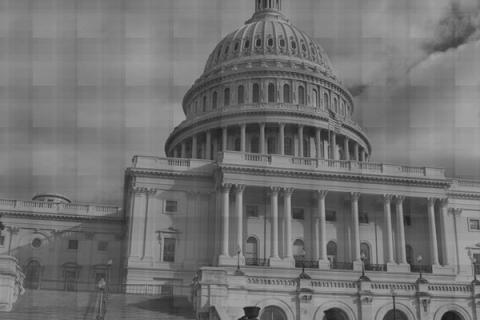As Americans, we are privileged to inherit the legacy of leaders who fought for equality and delivered on our forefathers’ promise of being a more perfect union. Foremost amongst these great leaders is Dr. Martin Luther King, Jr., a man who came to embody the Civil Rights Movement and paved the way for people of all colors to achieve the American Dream.
Living in a time where gross discrimination prevailed and African Americans were excluded from enjoying the basic rights of citizenship, Dr. King vowed to change the course of America. Under the principle memorialized in the Declaration of Independence that all people are created equal, Dr. King fought every form of discrimination that suppressed the advancement of African Americans and other minorities.
Dr. King empowered a segment of society that had been subjugated into silence. Under his stewardship, the fruits of the Civil Rights Movement are still enjoyed to this day. All citizens are free to exercise their right to vote, contributing to the democratic process that helps distinguish America as the greatest nation in the world. The invidious institution of segregation also collapsed under the weight of an enlightened public that was no longer willing to be complicit in the fundamentally unjust treatment of fellow Americans.
As we celebrate the legacy of Dr. King, it is important to remember the roots of the Civil Rights Movement. Before Dr. King wrote his “Letter From Birmingham Jail” in 1963, before James Meredith became the first African-American to defy segregation at the University of Mississippi in 1962, and even before the defiance of Rosa Parks sparked the Montgomery Bus Boycott in 1955, the seminal case of Brown v. Board of Education of Topeka was decided by the U.S. Supreme Court in 1954. In a unanimous ruling, the Court found that segregated public schools were unconstitutionally discriminatory and had no place in American society.
In deciding Brown v. Board, the Supreme Court wrote that “education is perhaps the most important function of state and local governments.” That principle is as true now as when it was written more than half a century ago. It was also this enduring belief that compelled me to help pioneer the charter school movement in California. The inequities of California’s public school system, the disparity in test scores between urban and suburban schools, and the achievement gap between children who come from low-income and affluent families present a 21st Century civil rights challenge that we must overcome.
So, as we gather as a grateful nation to celebrate the life of Dr. King, let us pay tribute by recognizing that we must continue to fight for equality in our own communities and on behalf of our children. Just as the U.S. Supreme Court rejected the principle of “separate but equal,” which was used to justify segregation prior to Brown v. Board, we must continue to break down the barriers that prevent children from accessing the best public education California has to offer.
